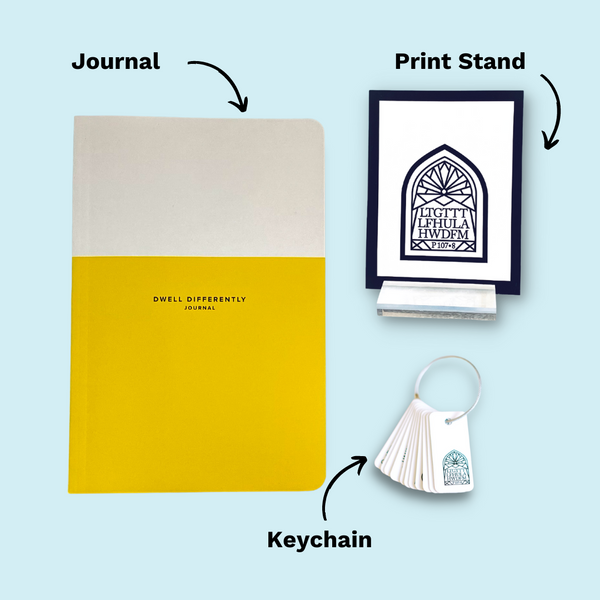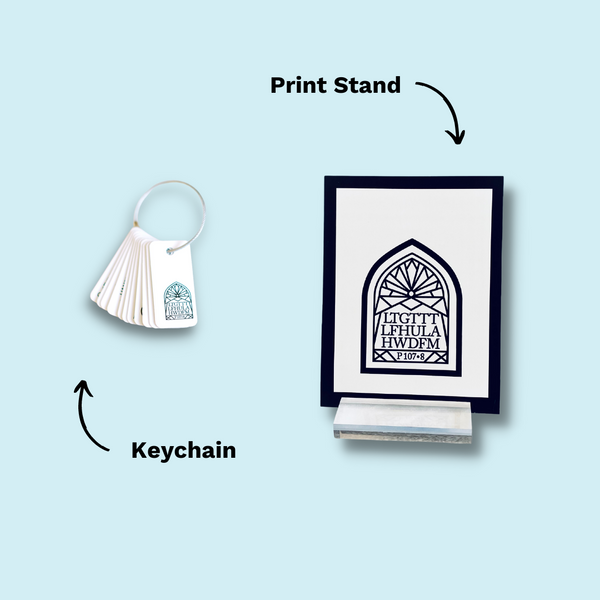maybe that's the very thing we need.
JESUS ANSWERED, "THE WORK OF GOD IS THIS: TO BELIEVE IN THE ONE HE HAS SENT."
JOHN 6:29
There are weeds in my garden.
Taller than the tomato plants—weeds. I didn’t plant them (just in case you’re wondering). I tilled them under and pulled them out at the end of spring. Then I planted small plants, not seeds, knowing my plants would have a good head start on those pernicious weeds. I thought, “I’ll just pull those weeds out as they spring up, not so hard.” Not so hard??? HA! I weeded and weeded for hours with my kids maybe three weeks into the spring. And still, the weeds have come back, taller than my plants! O wicked thicket! Choking green blanket! I know there are things I can do and will continue to do to prevent and discourage them. But, in my naive spring hope, I merely planted and thought, “Surely those weeds won’t have a chance.” But I know better. This is the reality of gardening. And it’s also the perfect picture-image of what it looks like to work in our world.
All our work is filled with weeds.
The reason there are weeds in my garden, in every garden, the reason there are “thorns and thistles” invading all our work is because God, in his mercy, gave them to us (Genesis 3). Now, I know thorns don’t sound like mercy, but let me explain. There’s a temporal work, a momentary, fleeting work we can do to build our own little earthly kingdoms here on earth, to make a name for ourselves, building personal towers towards the heavens (see Genesis 11). They convince us we can earn our own way, eat the bread of our own labor and be fully satisfied. Yet, that bread never satisfies and our little glory kingdoms never reach heaven—in fact they are the very barriers that keep us from realizing our deep need for God. So God, in his loving mercy, gave us hardship in all our work to help us depend on him and long for a better kingdom, his kingdom.
Still we strive after our earthly kingdoms.
The people in Jesus’s day were just the same. Just like us, they toiled and labored against thorns and thistles each and every day for their bread. Until one day, they met a man who gave them bread without work, miraculously multiplying it for thousands (see John 6, where we find our verse). Who was this man? Could he be God’s promised king—the Messiah come to release them from the curse of the ground? Here was a man who could fill their bellies on command and without even breaking a sweat. This was everything they wanted. So, they tried to crown him as their earthly king right then and there (John 6:15). But Jesus eluded their first attempt, getting away to a solitary place and then crossing a sea.
(CONTINUED BELOW)
ON THE PODCAST
Meet our July guest, Amanda Bible Williams! Amanda is the co-founder and chief content officer of She Reads Truth. In this week's Dwell Differently podcast, she talks with Natalie about barriers to belief, and encourages us to truly do the work of God: believing in the one he has sent!
(CONTINUED FROM ABOVE)
But, they came looking to crown him again.
This time, Jesus confronts their motives. They don’t really want God’s promised king or God’s kingdom. They’re looking for a weed-free earthly kingdom, filled with free bread. So, Jesus rebukes them, saying, “Very truly I tell you, you are looking for me, not because you saw the signs I performed but because you ate the loaves and had your fill. Do not work for food that spoils, but for food that endures to eternal life, which the Son of Man will give you” (John 6:26-27). They were working for temporary food, looking for a king to ease the toils of their earthly kingdom-building. But Jesus tells them not to work for temporary, physical food that spoils, but spiritual food that gives eternal life, food only he could give them.
But they don’t understand what he’s offering.
Instead, they pick up on that word “work” and think, “Of course! This new kingdom that Jesus is ushering in will require work. We can do that.” They think as long as they do the work, then Jesus will owe it to them to meet their physical needs. So they ask Jesus, “What must we do to do the works God requires?” But Jesus doesn’t give them a to-do list. Instead, Jesus says, “You want to work for God’s kingdom, then do this work: BELIEVE in the one God has sent, namely me.”
This is a totally baffling answer to them!
What does that even mean? They’re looking for a merely physical kingdom (from God, of course), much like the kingdom of David. They’re looking for relief from their earthly trials and toils, they want physical bread and they’re prepared to do whatever work it takes to get this powerful miracle worker as their king. But Jesus is offering them so much more than what they expected. He goes on in the chapter to tell them that he has come down from heaven, much like the manna of old (see Exodus 16), only he wouldn’t just fill their bellies with bread, but their spirits with eternal life. His kingdom was a heavenly kingdom, he was the promised king they had been waiting all their lives for, yet he wasn’t the king they expected.
And here’s the crazy thing: they were disappointed.
By the end of the chapter, “many of his disciples turned back and no longer followed him” (John 6:66). They walked away because this was not the king they were looking for. They wanted Jesus to give them stuff. They wanted an earthly kingdom, not a heavenly one. They wanted physical food, not spiritual filling. They would rather work under a curse for a fleeting kingdom than believe in a King who would do the work for them. They wanted their own kingdom, not the kingdom of God.
What about us?
Lest we get too judgy, we do this too don’t we? We come to Jesus looking to have our bellies filled, our problems solved, our own little kingdoms built up. Much like the people in Jesus’s day, we think if we do “God’s work”, then Jesus owes us something. And when he doesn’t give us what we want, when our fields are still filled with weeds, we get bent out of shape, don’t we? I know I do. When he says “no” to my desires, I wonder why he hasn’t “multiplied the bread” like he did the last time. Instead, I should thank him for unveiling the fleeting futility of my little glory kingdom. This is Christ’s mercy for me (and for you), so we might long for his kingdom—one we enter not by the sweat of our brow, but by the blood on his. He has done the real work, we must only believe his work was for us (see last week’s post for more on this).
What is your first response when Jesus doesn't give you what you want?
In what ways are you working for your own temporary kingdom?
How can you work for the food that never spoils by believing in Jesus?
Thanks for reading,


Meet Natalie,Dwell co-founder
Hi there, I'm Natalie. I'm so glad you're here. I'd love to connect with you and hear more about what God is doing in your life!





